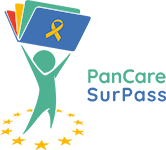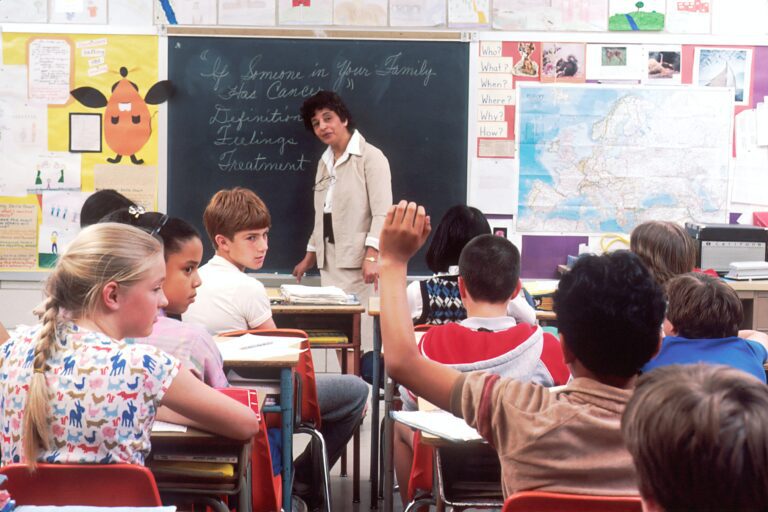
Developing new drugs for children with cancer is a complicated multi-step process that involves many different groups (academic researchers, pharmaceutical industry, patient advocates, regulatory authorities, …). There is an urgent need for new treatments that are more effective at treating childhood cancer, with less harsh long-term consequences. Only 18 new drugs that are specific to childhood cancer have been approved since the 1980s. This is partly because the drug development process is very complex and requires collaboration from many stakeholders. Another barrier to progress is the lack of understanding surrounding the regulations that are specific to paediatric drugs. This, combined with poor communication between the various stakeholders, makes it difficult to move research forward efficiently and for the immediate benefit of children with cancer.
Funded by the European Union, ALADDIN is an educational program on strategic and regulatory science in paediatric oncology drug development to foster expertise and strengthen true multi-stakeholder collaboration. Through this project, individuals from various disciplines have the opportunity to learn about how to effectively navigate the regulatory science behind paediatric cancer drug development. The programme, led by ACCELERATE, was developed by the ALADDIN Consortium – 12 partners from across Europe, representing all of the stakeholders involved in the drug development process: academic researchers, patient associations, pharmaceutical companies and regulators.
The Educational Program comprises four pillars, which revolve around, and build on the multi-stakeholder nature of the project, involving all participants equally: academia, industry, patient advocates and regulators:
• Course on Regulatory Science in Paediatric Oncology Drug Development,
• 360° Multi-stakeholder rotation,
• ACCELERATE Research Fellowship, and
• Open access online educational portal.









Comments
Thank you. Comment sent for approval.
Something is wrong, try again later